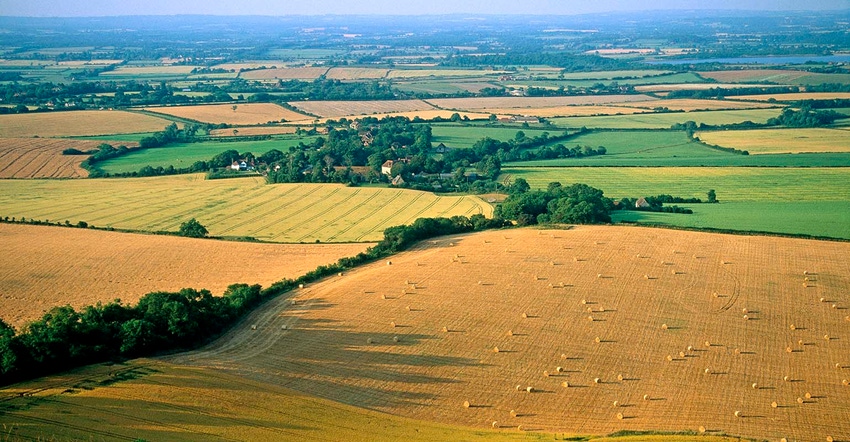
Several readers emailed me since we posted the article: What would happen if your farm appraised for $30,000 per acre? One farm couple contacted me to discuss the farm transition worksheet I referenced as they try to sort out what’s “fair versus equal” for their family farm.
5th generation farm
Their family farm represents 700 acres which have been in the family for five generations. Their son currently rents the farm and one of their grandchildren joined the operation this year, too. Although our conversation was by telephone, I sensed the twinkle in their eyes knowing their family farm will pass down to their three children in the sixth generation and potentially their grandchildren in the seventh generation.
Fair vs. equal
They shared with me their current wills leave the land in a trust for five years. At the end of the five years, their farming son has the option to buy out his two sisters based on an average of three appraisals. At the time, they felt this process was the fairest to all three of their children.
Farm transition worksheet
At their request, we prepared what this land buy-out may look like using today’s market assumptions:
Click to enlarge
The assumptions we used is the farm will appraise for $10,000 per acre. Their lender provided us an interest rate of 6.5% to calculate the annual loan payment. After taking off the farming son’s one-third inheritance, the annual payment to buy out the two sisters’ part of the farm is $353,960, or $513 per acre.
The current net income they receive from the farm is near $200,000, or $300 per acre. In other words, this leaves a deficit of $150,000 the farming son will need to supplement from the rest of his farm operation or from off-the-farm.
They surmised this would bankrupt the farm.
What is fair?
They asked me what I think is fair. It’s not our job to determine what the practical value or “family” value is of your farm. But, I did share several examples. They asked I re-run the math assuming a 30% discount was applied to the appraised price. This lowers the annual payment by approximately $100k to $250,000, or $350 per acre. But, the farming son would still have to supplement the purchase of the farm which has already been paid for several times as it’s passed down.
They asked if they can set their own interest rate. By unpopular opinion from their lender, I said yes, you could structure a promissory note using the long-term applicable federal rate which is currently near 3.9%. They asked me to run the math again. This lowers the annual payment to $185,000, or $265 per acre to be split between the two non-farming siblings. In fact, this would still net the two sisters a higher annual payment compared to if they didn’t sell and simply collected their one-third of the farm rent. However, they agreed it isn’t fair to make their two daughters wait 30 years to be bought out. So, they structured this with a balloon payment at year 15.
Fair isn’t always equal
We’ve all heard this popular phrase: “fair isn’t always equal.” But, what about: “divide fair equally?”
Most family farms I work with don’t expect those in the family who wish to continue owning the farm to pay the same price the neighbors down the road should pay, Yet, by default, many estate planning documents require just this. I encourage you to determine what you believe to be the “fair” price for your family farm, then, divide it equally.
Downey has been helping farmers and landowners for the last 22 years with their family farm transition, estate planning, leasing strategies, finances, and general land consultation. He is the co-owner of Next Gen Ag Advocates and an associate of Farm Financial Strategies. Reach Mike at [email protected].
About the Author(s)
You May Also Like






